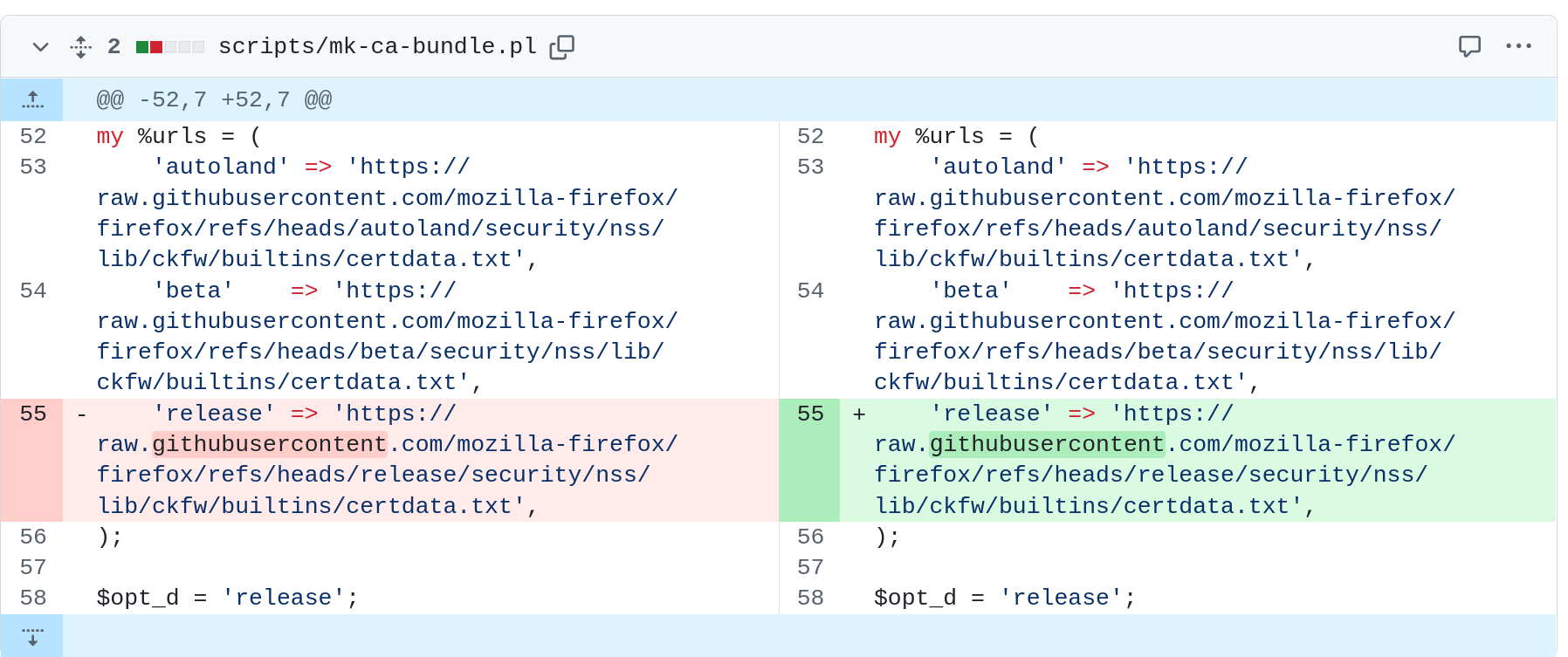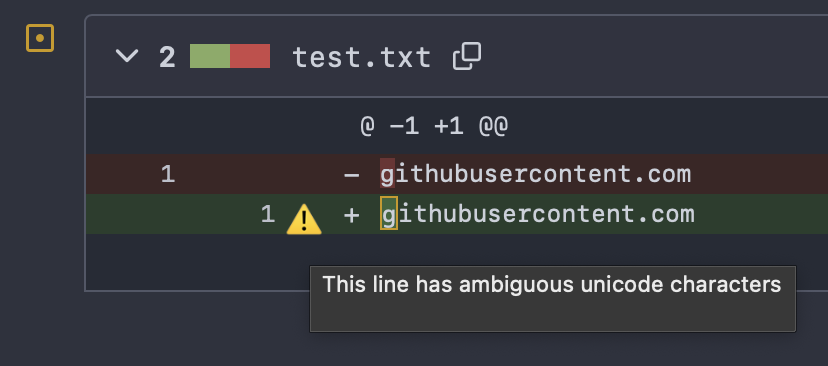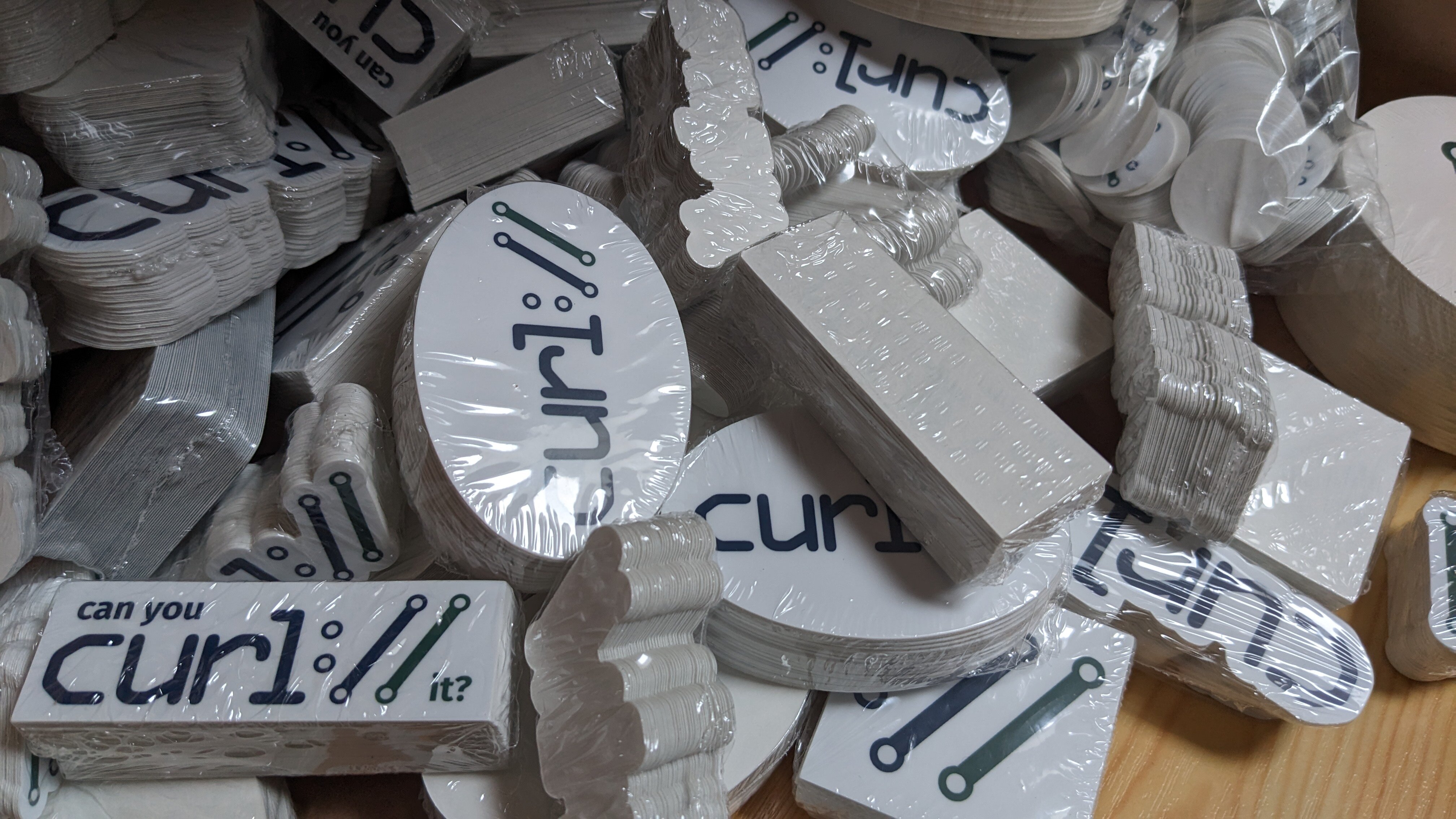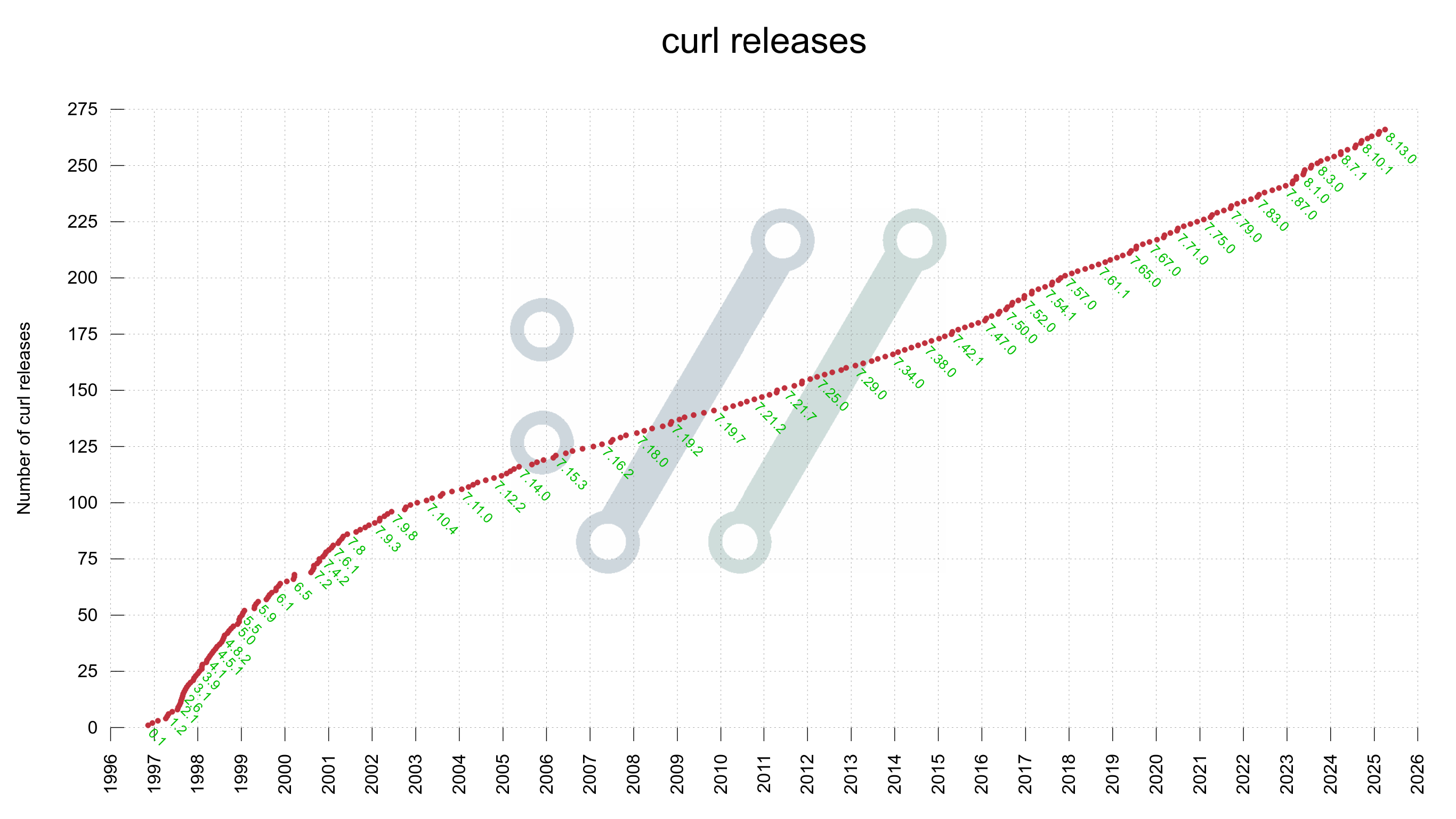In the curl project we have a long tradition of supporting a range of different third party libraries that provide similar functionality. The person who builds curl needs to decide which of the backends they want to use out of the provided alternatives. For example when selecting which TLS library to use.
This is a fundamental and appreciated design principle of curl. It allows different users to make different choices and priorities depending on their use cases.
Up until May 2025, curl has supported thirteen different TLS libraries. They differ in features, footprint, speed and licenses.
Raising the bar
We implicitly tell the user that you can use one of the libraries from this list to get good curl functionality. The libraries we support have met our approval. They passed the tests. They are okay.
As we support a large number of them, we can raise the bar and gradually increase the requirements we set for them to remain approved. For the good of our users. To make sure that the ones we support truly are good quality choices to build upon – ideally for years to come.
TLS 1.3
The latest TLS version is called TLS 1.3 and the corresponding RFC 8443 was published in August 2018, almost seven years ago. While there are no known major problems or security issues with the predecessor version 1.2, a modern TLS library that has not yet implemented and provide support for TLS 1.3 is a laggard. It is behind.
We take this opportunity to raise the bar and say that starting June 2025, curl only supports TLS libraries that supports TLS 1.3 (in their modern versions). The first curl release shipping with this change is the pending 8.15.0 release, scheduled for mid July 2025.
This move has been announced, planned and repeatedly communicated for over a year. It should not come as a surprise, even if I have no doubt that this will be considered a such by some.
This makes sure that users and applications that decide to lean on curl are more future-proof. We no longer recommend using one of the laggards.
Removed
This action affects these two specific TLS backends:
- BearSSL
- Secure Transport
BearSSL
This embedded and small footprint focused library is probably best replaced by wolfSSL or mbedTLS.
Secure Transport
This is a native library in Apple operating systems that has been deprecated by Apple themselves for a long time. There is no obvious native replacement for this, but we probably recommend either wolfSSL or an OpenSSL fork. Apple themselves have used libreSSL for their curl builds for a long time.
The main feature user might miss from Secure Transport that is not yet provided by any other backend, is the ability to use the native CA store on the Apple operating systems – iOS, macOS etc. We expect this feature to get implemented for other TLS backends soon.
Network framework
On Apple operating systems, there is a successor to Secure Transport: the Network framework. This is however much more than just a TLS layer and because of their design decisions and API architecture it is totally unsuitable for curl’s purposes. It does not expose/use sockets properly and the only way to use it would be to hand over things like connecting, name resolving and parts of the protocol management to it, which is totally unacceptable and would be a recipe for disaster. It is therefore highly unlikely that curl will again have support for a native TLS library on Apple operating systems.
Eleven remaining TLS backends in curl
In the order we added them.
- OpenSSL
- GnuTLS
- wolfSSL
- SChannel
- libressl – an OpenSSL fork
- BoringSSL – an OpenSSL fork
- mbedTLS
- AmiSSL – an OpenSSL fork
- rustls
- quictls – an OpenSSL fork
- AWS-LC – an OpenSSL fork
Eight removed TLS backends
With these two new removals, the set of TLS libraries we have removed support for over the years are, in the order we removed them:
- QsoSSL
- axTLS
- PolarSSL
- MesaLink
- NSS
- gskit
- BearSSL
- Secure Transport
Going forward
Currently we have no plans for removing support for any other TLS backends, but we will of course reserve ourselves the right to do so when we feel the need, for the good of the project and our users.
We similarly have no plans to add support for any additional TLS libraries, but if someone would bring such work to the project for one of the few remaining quality TLS libraries that exist that curl does not already support, then we would most probably welcome such an effort.














